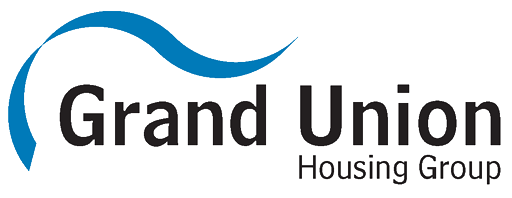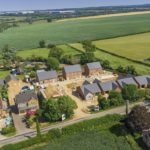By Susan Bland, Development & Quality Manager
8 July 2022
It’s no secret that the idea of living in rural locations has become even more desirable since the start of the pandemic. People have moved out of towns and cities into the countryside, to benefit from gardens, space and fewer people. Workers don’t have to commute to the office every day and being able to enjoy their surroundings is one of the attractions.
What does this mean for rural communities though? House prices are at an all-time high. Rural housing is in more demand than ever, and those on lower incomes are pushed out of the communities in which they grew up, where their family live, where they have their support networks, where their children go to school, as they can’t afford to stay. Lack of supply in rural areas contributes to this issue. People don’t want properties being built around them, and opposition is just one of the factors for this lack of supply.
Other issues registered providers face in trying to build rural affordable housing is lack of land, but more specifically lack of affordable land. We sometimes come across a benevolent landowner, who wants to put back into their community, however these are few and far between. The pandemic, inflation and the war in Ukraine have all led to shortages of labour, but also increases in costs, making some projects completely undeliverable.
One of the key things to all of this is the planning system. Without local authority support for these schemes, registered providers would not be able to build them, but the planning system is broken; it is under-resourced, yet expensive and wasteful. It is also a very complex process, and lacks accountability and full community involvement.
So what’s Grand Union doing to play its part in trying to tackle issues with rural affordable housing? We’re committed to delivering in rural locations, and much of our stock is located in some very isolated rural villages.
Grand Union actively pursues the development of rural exception sites – those sites which would not usually be able to be built upon. We collaborate with local communities, landowners and parish councils. We support the use of local connections, where appropriate, and where there is demonstrable housing need, meaning those who live and work in locations have first priority, allowing them to stay in their communities at an affordable price.
We promote the development of social rent homes, for the people who need them, those on the lowest incomes, giving them security of tenure. We do this by partnering with Homes England, getting significant grant funding into the system.
We also work with a planning policy which has enabled us to bring forward entry level sites, in rural areas. When supported by Homes England grant, these can deliver social rent and shared ownership homes, which provide valuable new properties which are affordable to those on average incomes and below. Government policy has recently changed and replaced these with First Homes. First Homes entry level sites will not offer the same tenures, and people buying these homes at 80% of the market price will need income levels at twice the local average earnings.
There is still a long way to go. Last year Grand Union built 57 social rent homes, which is more than we built for the whole of the previous 10 years. We currently have 117 social rent homes in our pipeline for 2022-23, and 151 for the following three years. However, the reality is that this is a drop in the ocean. The Government need to invest much more to be able to really tackle the housing crisis. We need a balance of ages in rural communities to support each other and we need a range of income groups to promote sustainable, cohesive communities and in turn boost rural economies.
We attempt to tackle fuel poverty for those living in rural communities, by installing sustainable heating options. We invest in air source heat pumps and Solar PV, are trialling new technology and have an Environmental Sustainability Policy which maps out our route.
We have an Asset Management Strategy too, which promotes the use of us looking at our own land and assets. We have built on dozens of dilapidated garage sites in rural locations, building vital rented and shared ownership homes for first time buyers, downsizers, and older people.
Building in rural locations is costly to Grand Union, not only in the cash sense, but also the time and resource of staff. However, we recognise the importance of it, and are committed to keep going, to persevere, and build the homes that are needed in rural locations.





